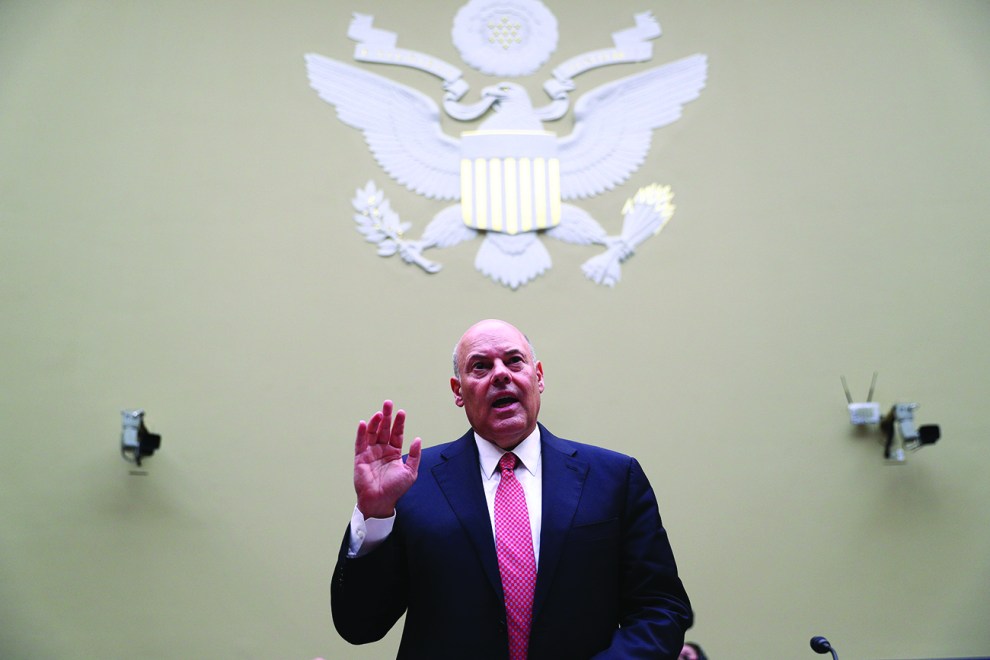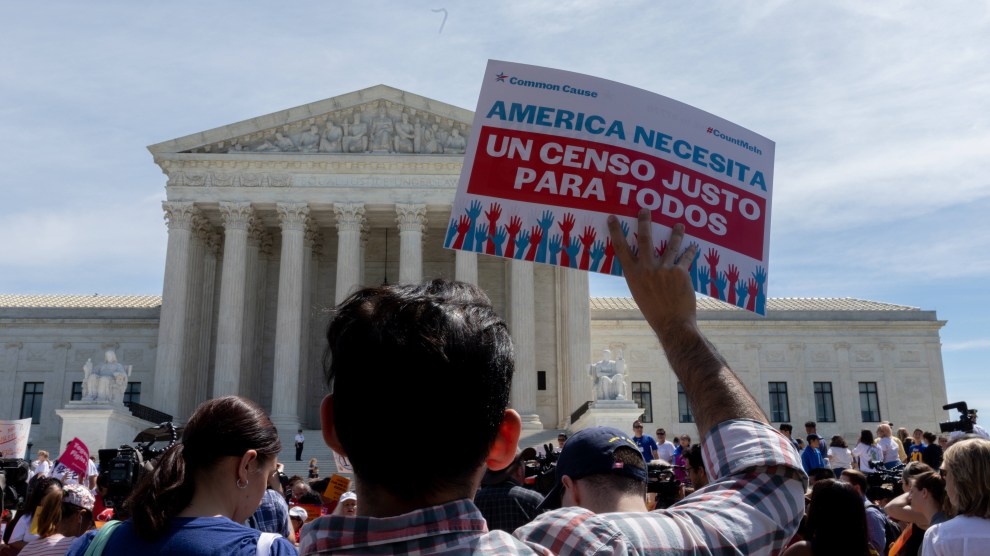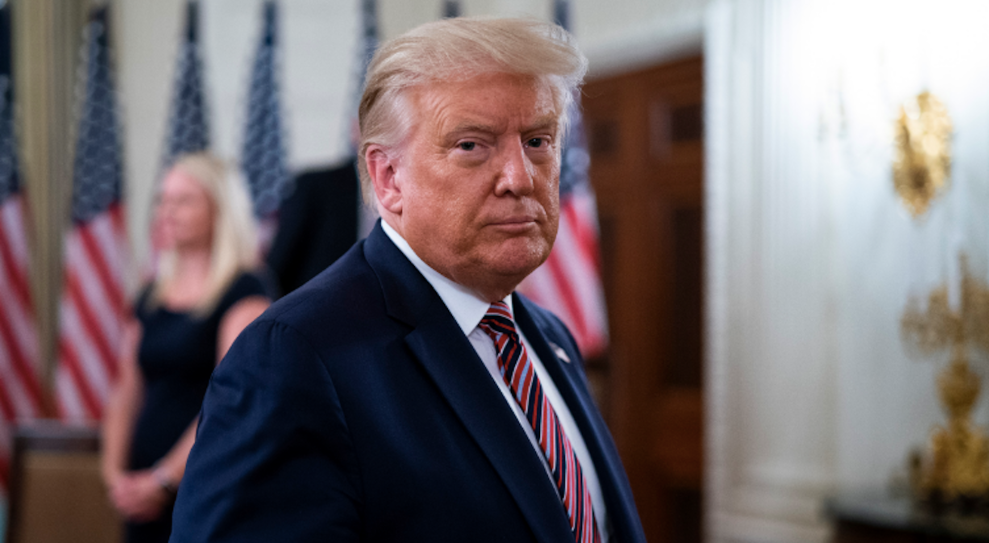Before there was a United States of America, there was a postal system. Revolutionaries like Samuel Adams and Thomas Jefferson hatched their plans using underground postal networks known as committees of correspondence. In 1775, a year before the Declaration of Independence, the Continental Congress created the Post Office Department and named Benjamin Franklin the first postmaster general.
American democracy expanded with the postal system, one of the only institutions that bound the new nation together and aimed to serve the many rather than the few. The Post Office Act of 1792, signed by George Washington, heavily subsidized the mailing of newspapers, laying the groundwork for an informed citizenry. It also made it a crime for the government to interfere with the mail. When the French philosopher Alexis de Tocqueville visited the United States in the 1830s, he marveled at the young country’s postal system—it had twice as many post offices as Great Britain and five times as many as France. The United States’ progressive ideals traveled with the mail. Abolitionists sent anti-slavery publications to the South before the Civil War. The postal system employed women before they had the right to vote, and hired 243 Black postmasters during the 19th century. Ten of the pallbearers at Frederick Douglass’ funeral were mail carriers.
There’s a reason why the United States Postal Service remains the most popular government institution, with a 91 percent approval rating. At a time of widening inequality, it costs the same amount to mail a domestic letter no matter where you live. Even in the digital age, the mail remains essential for businesses to serve customers, for seniors and veterans to receive medicine, and for Americans of all stripes to get pandemic supplies like masks—and cast their ballots. Winifred Gallagher, author of How the Post Office Created America, calls it “the central nervous system of American democracy.”
The post office has often been politicized; presidents, most notoriously Andrew Jackson, appointed loyalists as postmaster general and rewarded supporters with postal jobs. But no president before Donald Trump has ever sought to sabotage the institution’s workings to win reelection. Nor has any president installed a postmaster general like Louis DeJoy, the Republican megadonor who in record time instituted a dizzying array of changes—eliminating overtime, displacing 23 top executives, reducing post office hours—that seem designed to further the GOP’s long-term goal of privatizing the post office and its short-term goal of suppressing mail-in votes cast by Democrats. (Following public outcry, he agreed to suspend some of the changes until after the election. A federal judge later blocked other changes, calling them “an intentional effort on the part of the current Administration to disrupt and challenge the legitimacy of upcoming local, state, and federal elections.”)

On the day the postmaster general testified before Congress, Trump accused Democrats of using mail-in voting to rig the election.
Tom Brenner/Getty
Earlier this year, before DeJoy took over, the USPS delivered 590 million pieces of mail to households across the country for the 2020 census, the largest first-class mailing in its history. The census sets the course for the next decade of American democracy: It determines how $1.5 trillion in federal funding is allocated, how many congressional seats and Electoral College votes states receive, and how state and federal legislative districts are drawn.
Like the USPS, the census has been around since the country’s founding. Barely 100 words into its first article, the Constitution calls for an “enumeration” of the “whole number of free persons” every 10 years. (Native Americans were excluded from the census until 1860, and Black Americans were counted as three-fifths of a person until the 14th Amendment declared that the “whole number of persons in each state” must be counted.) And like the post office, the census is in unprecedented danger from an administration determined to ignore the Constitution to preserve its own power.
Whom the census counts and doesn’t count has always been politically charged. After the 1920 tally revealed that the majority of Americans lived in cities, the rural-dominated House of Representatives refused to use census data for congressional reapportionment for the first and only time in US history. Instead, Congress passed sweeping curbs on immigration from Southern and Eastern Europe to preserve rural white Protestant power. Throughout its history, the Census Bureau has failed to accurately count communities of color. The 2010 census was the most accurate yet, but it still overcounted white people while missing millions of Latinos, Black people, and Native Americans.
Until now, however, no administration has sought to manipulate the census to deliberately distort the results. In 2018, the Trump administration announced that it would add a question to the census about citizenship status, a move that seemed certain to depress immigrant participation until the Supreme Court struck it down last year. Undeterred, the administration said it would not count undocumented immigrants for congressional apportionment, a move constitutional experts called a violation of the 14th Amendment.
The administration’s efforts to undermine the census have repeatedly been thwarted in court. In September, federal judges temporarily restored the full enumeration period and blocked Trump’s scheme to exclude undocumented immigrants from congressional apportionment. But the damage may have already been done. Experts are warning that the census data could be so skewed that Congress chooses to reject it, like it did in 1920—this time not for sinister reasons, but for the good of the country. “I’m really concerned there might be some really serious errors with the census,” says John Thompson, who directed the Census Bureau from 2013 to 2017. “It’s definitely a possibility. It could be seriously flawed.”In early August, as the Census Bureau was finally dispatching workers to knock on doors in hard-to-count areas after months of delay due to COVID-19, the administration announced that it was cutting census operations short by a month. That gave enumerators less than eight weeks to track down the 40 percent of households that had not yet filled out the census form—disproportionately in communities of color.
Trump defended his move to exclude undocumented immigrants from congressional apportionment by claiming that it “reflects a better understanding of the Constitution.” What the administration’s actions really reflect is an emphatic repudiation of the Constitution. The census and the Postal Service are two of the essential domestic governmental operations specifically mentioned in the founding document. Over the past decade, Republicans have passed laws making it more difficult to vote, but Trump’s war on the USPS and the Census Bureau represents a dramatic escalation of his party’s anti-democratic agenda; rather than pursuing disenfranchisement of people of color and Democrats within the bounds of the Constitution, he’s seeking to eviscerate those limits. He is working to transform long-standing nonpartisan institutions into explicitly partisan ones, shifting their essential mission from serving all Americans to furthering only the interests of a shrinking minority: white conservatives.
Trump’s effort to corrupt core institutions for the benefit of his ruling clique bears an eerie resemblance to the slide toward authoritarianism in other countries. “The practice of taking highly legitimate, effective institutions of the state and politicizing and using them for short-term political advantage is page one of the authoritarian playbook,” says Steven Levitsky, a professor of government at Harvard and co-author of How Democracies Die.
By eroding Americans’ confidence in the census, the administration may already be accomplishing its goal of rigging the count in its favor. “The most disastrous thing for the census is that people sit it out because they don’t trust the administration,” says Vanita Gupta, who led the Justice Department’s Civil Rights Division under Barack Obama and is now president of the Leadership Conference on Civil and Human Rights. The same thing could happen with the post office: If voters are afraid to vote in person yet believe that postal delays will cause their mail-in ballots not to be counted, they may decide not to vote at all. (More than 550,000 mail-in ballots were rejected during this year’s primaries, a huge increase from 2016.)
During a testy congressional hearing in August, DeJoy promised, “I am not engaged in sabotaging the election.” The same day, Trump delivered an ominous speech at the Republican National Convention in which he accused Democrats of “using covid to steal an election” by expanding mail-in voting and said, “The only way they can take this election away from us is if this is a rigged election.”
If the census and Postal Service are central functions of the Constitution, free and fair elections and the peaceful transfer of power are the bedrock principles that define it. Trump has already signaled he may not abide by either. The extraordinary efforts to undermine the mail and census should prepare us for the possibility of an even more egregious abuse of power to keep Trump in office. “A lot of this is laying the groundwork for calling into question the legitimacy of the election in November,” Gupta says.
It’s not difficult to imagine an Election Day scenario in which Trump prematurely declares victory based on his lead among in-person votes, which are quicker to tally than mail-in votes in many states and are expected to lean more Republican. Trump then seeks to invalidate the mail-in ballots that favor Democrats before they’re counted. Republican-controlled legislatures in Michigan, Pennsylvania, and Wisconsin intervene on his behalf. In a Bush v. Gore redux, the Supreme Court’s conservative majority cuts the count short or invalidates enough votes to install Trump for a second term.
If that happens, the question won’t be whether American democracy can survive Trump. We’ll already know that it hasn’t.
Additional reporting by Abigail Weinberg
















